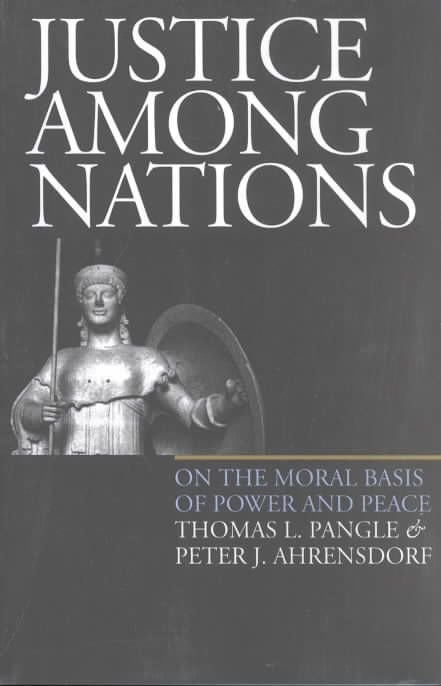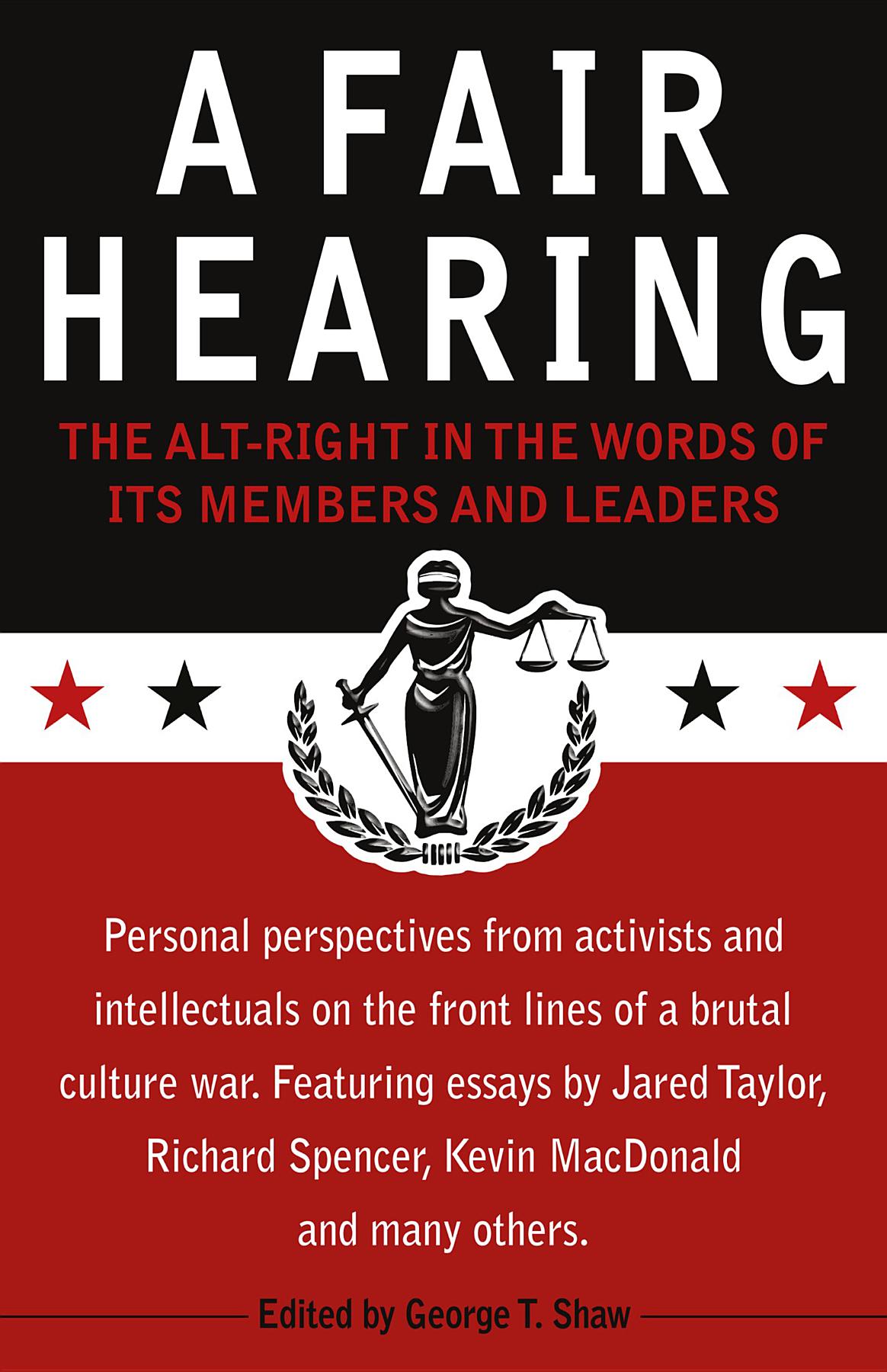In the post-Cold War era, we have lost the clarity that once characterized our vision of international conflict. Foreign affairs are no longer defined solely by the ideological battles fought between capitalism and communism or by the competition between two great nuclear superpowers. That oversimplified view has been replaced by an increasing awareness of the moral and political complexity surrounding international relations. To help us deal with this new reality, Thomas Pangle and Peter Ahrensdorf provide a critical introduction to the most important conceptions of international justice, spanning 2,500 years of intellectual history from Thucydides and Plato to Morgenthau and Waltz. Their study shows how older traditions of political philosophy remain relevant to current debates in international relations, and how political thinkers through the centuries can help us deepen our understanding of today’s stalemate between realism and idealism. Pangle and Ahrensdorf guide the reader through a sequence of theoretical frameworks for understanding the moral basis of international relations: the cosmopolitan vision of the classical philosophers, the “just war” teachings of medieval theologians, the revolutionary realism of Machiavelli, the Enlightenment idealism of Kant, and the neo-realism of twentieth-century theorists. They clarify the core of each philosopher’s conceptions of international relations, examine the appeal of each position, and bring these alternatives into mutually illuminating juxtaposition. The authors clearly show that appreciating the fundamental questions pursued by these philosophers can help us avoid dogmatism, abstraction, or oversimplification when considering the moral character of international relations. Justice Among Nations restores the study of the great works of political theory to its natural place within the discipline of international relations as it retrieves the question of international justice as a major theme of political p …












